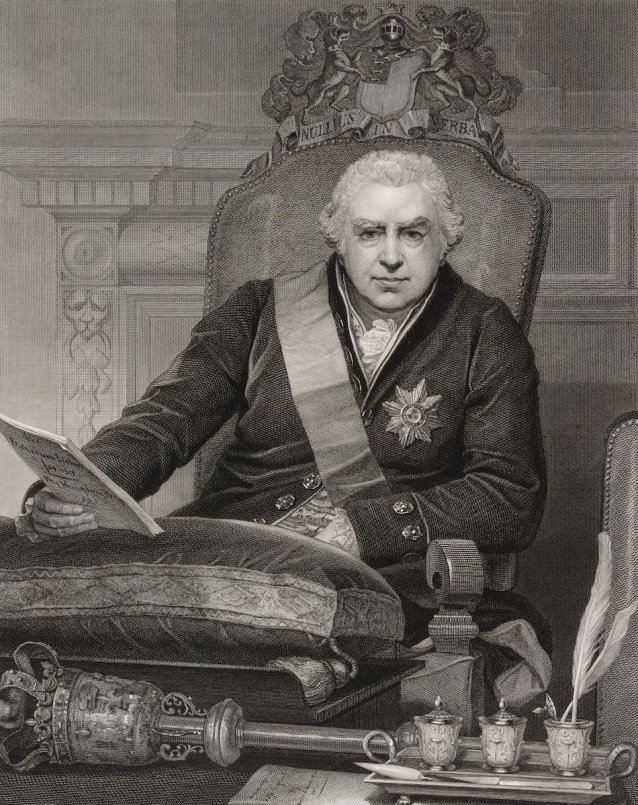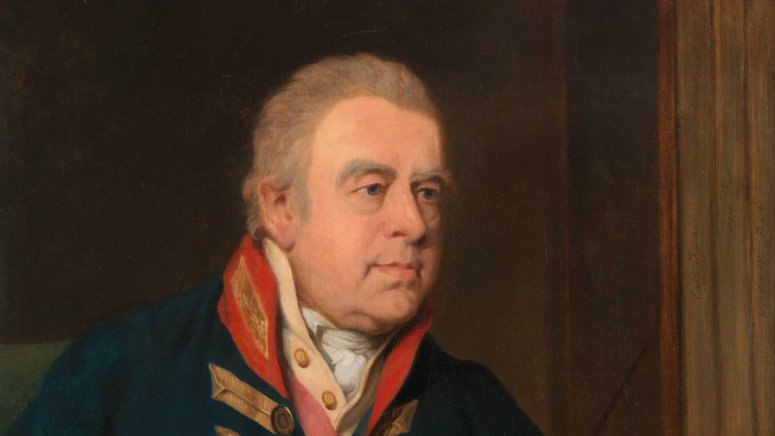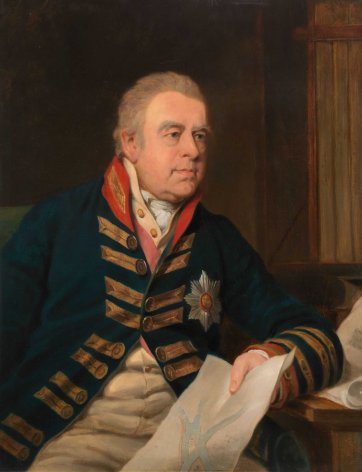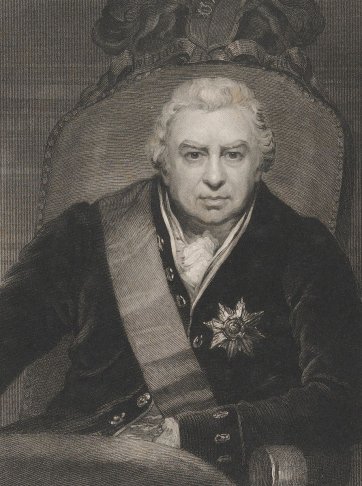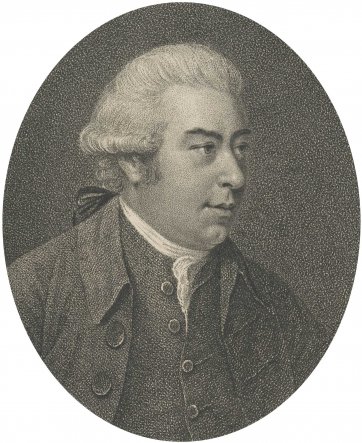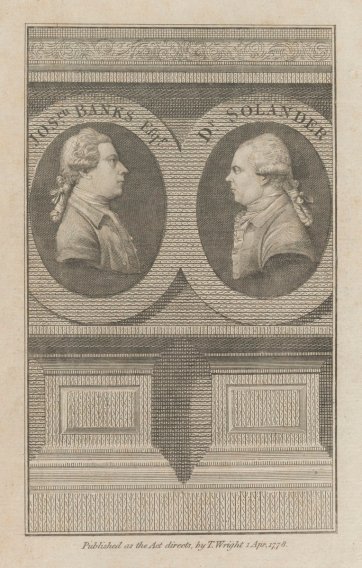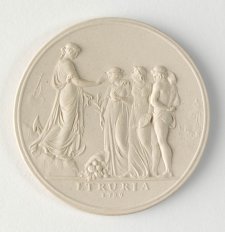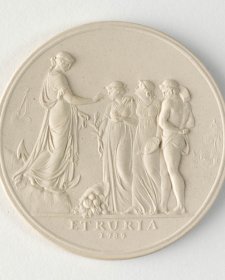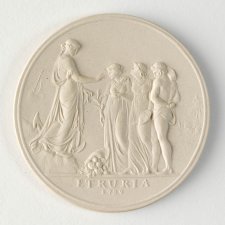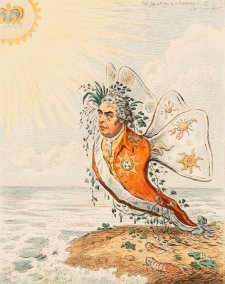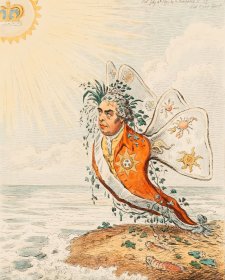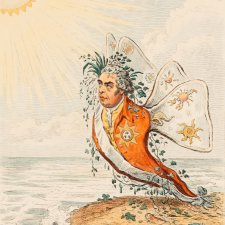Sir Joseph Banks Bt (1743 – 1820) was, personally, a polymath of a type that is virtually unknown in the modern world. He saw more in his travels than almost anyone in his own time, and more than most people have now, in the age of jet travel. But Banks also lived his seventy-seven years in one of the most extraordinary periods the Western world has ever seen. During his lifetime Diderot laboured on his Encyclopaedia, and Linnaeus created the system of zoological nomenclature. Adam Smith wrote The Wealth of Nations; Immanuel Kant wrote the Critique of Pure Reason; Hegel wrote The Science of Logic and The Phenomenonogy of Mind. Beethoven wrote most of his works, and Mozart wrote all of his. Byron, the Marquis de Sade and Jane Austen brought forth their entire output. Goya, Gainsborough and Reynolds produced their major works. The French Revolution and the American War of Independence came and went; George Washington and Thomas Jefferson were Presidents. Many of these things happened in the first 20 years of Australian settlement, while the successive fleets discharged their scrofulous passengers, watched by the Aboriginal people of the region. The motto of the Royal Society, Nullius in verba, means ‘take nobody’s word for it’.
Purchased 2010
The National Portrait Gallery respects the artistic and intellectual property rights of others. Works of art from the collection are reproduced as per the
Australian Copyright Act 1968 (Cth). The use of images of works from the collection may be restricted under the Act. Requests for a reproduction of a work of art can be made through a
Reproduction request. For further information please contact
NPG Copyright.
